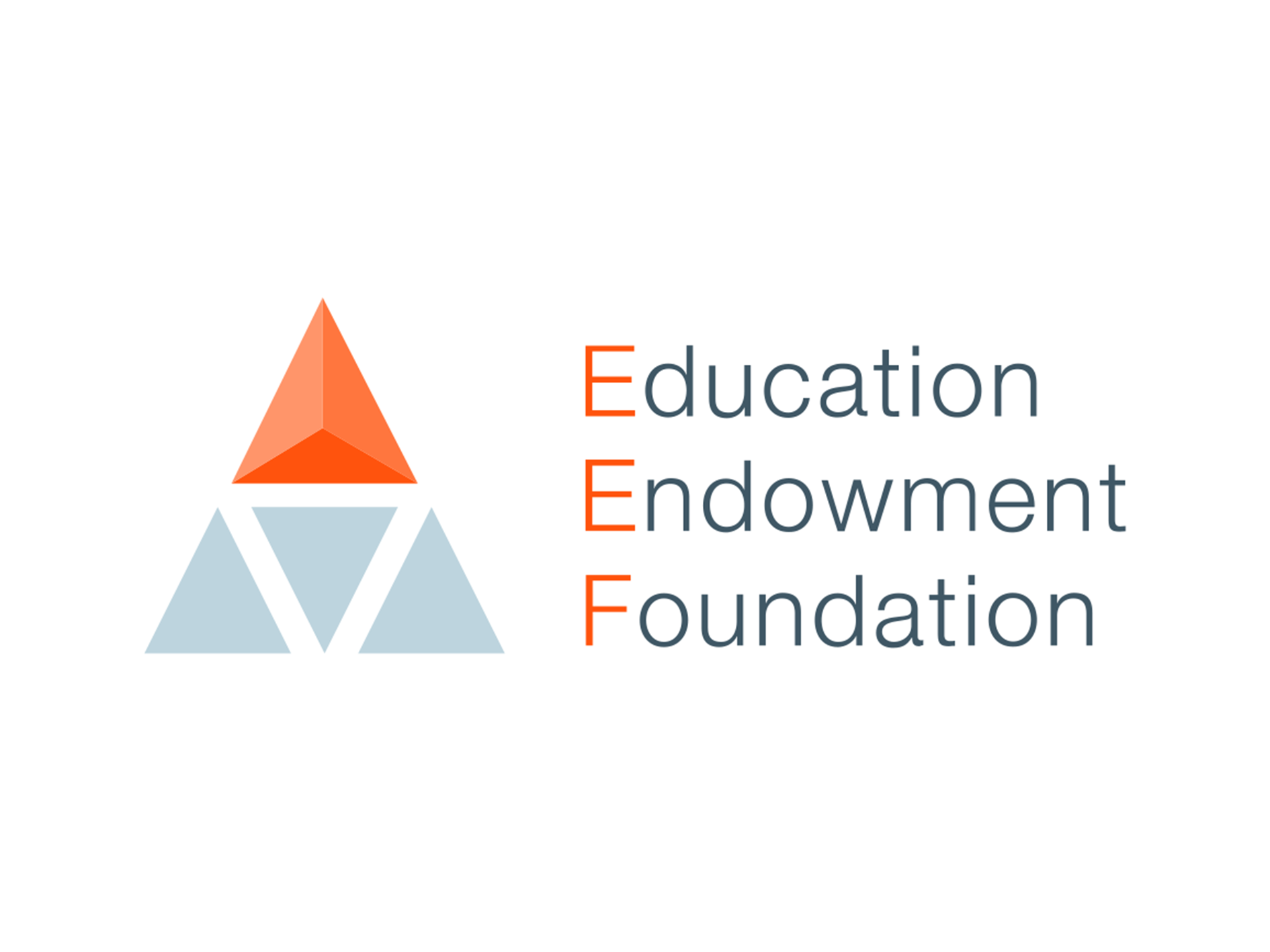
Dr Natthapoj Vincent Trakulphadetkrai (University of Reading) is appointed as ESRC-funded UKRI Policy Fellow
Dr Natthapoj Vincent Trakulphadetkrai (Associate Professor of Mathematics Education at the University of Reading’s Institute for Education) is awarded the prestigious UK Research and Innovation (UKRI) Policy Fellowship. Funded by the UK’s Economic and Social Research Council (ESRC), the Fellowship – according to Stian Westlake (Executive Chair of ESRC) – places some of the UK’s brightest researchers at the heart of government, to help inform the way policy is made.
Recruitment and Retention in Social Services Research
The Fellows have an opportunity to spend 18 months working closely with their chosen host organisation to conduct research to help them address specific policy making-related challenges. The host organisations include 21 government departments and five What Works Centres (i.e., national research evidence generating centres) across the UK.
Dr Trakulphadetkrai’s chosen host organisation is the Education Endowment Foundation (EEF). Founded in 2011 with a £125 million founding grant from the Department for Education, the EEF is a national influential charity dedicated to breaking the link between family income and educational achievement through generating educational research evidence. As part of his Fellowship with the EEF, Dr Trakulphadetkrai will conduct mixed-methods research to help produce practical guidance on maximising the recruitment and retention of schools in trial studies.
There is currently little evidence on the most effective approaches to maximising study participant recruitment and retention, particularly within the research field of education. Dr Trakulphadetkrai’s work will therefore explore the incentives and strategies that are most effective, and will ensure successful research evaluation.
By supporting educational researchers to become more successful in recruiting and retaining schools in trial studies, it will allow more educational research evidence to be generated and will, in turn, help inform education policy making. The outputs from this fellowship are expected to be of significant interest to the research community, including the broader What Works Network, government departments, academic institutions, and independent research organisations.
Dr Trakulphadetkrai said: “Research participant recruitment and retention are two crucial issues affecting evaluation studies not just in Education but also across the wider research field of social sciences, and I aim to uncover the incentives and strategies needed to boost engagement in studies and promote best practice. This evidence will hopefully allow the EEF and the broader research community to design projects that successfully recruit and retain participants as well as generating robust and meaningful insights.” He also added that “I very much look forward to working closely with the EEF. It is also a privilege to be part of this cohort of UKRI Policy Fellows from across the academic disciplines to use their research expertise to help address some of the major challenges facing policy makers here in the UK.”
Professor Becky Francis (Chief Executive, EEF) commented that: “I am delighted at this exciting partnership with the ESRC which allows EEF to benefit from academic expertise, and to share EEF know-how in reaching policy and practice. Dr Natthapoj Vincent Trakulphadetkrai’s important work to support recruitment and retention in trials research will address an ongoing challenge for EEF and wider RCT [Randomised Controlled Trial] work. This drawing together of expertise illustrates how collaboration can aid our mutual aim to support young people’s learning outcomes and narrow the attainment gap for social disadvantage.”
Professor Adrian Bell (Research Dean for Prosperity and Resilience, University of Reading) commented that: “This policy fellowship enhances our commitment to be an Engaged University. The excellence of Dr Trakulphadetkrai’s research will be enabled to make a real impact on policy.”
Apart from being awarded this Fellowship, Dr Trakulphadetkrai has also recently successfully supported Campaign for Learning (part of the national charity NCFE) to attract a large grant to design, deliver and evaluate a programme which sets out to train a large cohort of early years practitioners in socio-economically disadvantaged parts across London to support parents to tell mathematical stories to their pre-school children at home to foster mathematical talk. The grant for this 4-year project is part of an early years special initiative, supported by The Mercers’ Company as trustee of the Charity of Sir Richard Whittington.
On top of these two projects (with a combined grant value of just under half a million pounds), Dr Trakulphadetkrai is also in the process of completing his British Academy and Leverhulme Trust jointly-funded research project exploring the effectiveness of having older primary school children co-create short mathematical story picture books as a tool to foster mathematical talk in classrooms. Previously, Dr Trakulphadetkrai was a recipient of the University of Reading’s Research Fellowship that enabled him to conduct a large quasi-experimental intervention study to investigate the effectiveness of having older primary school children across the Southeast of England create short mathematical story picture books as a tool to foster their conceptual understanding in mathematics.
Dr Trakulphadetkrai also leads a non-profit research-based initiative, called MathsThroughStories.org which produces and makes available free on-line resources to support teachers and parents globally to become knowledgeable and confident in using storytelling to support their mathematics teaching. Since the launch of the initiative’s website in 2017, it has now been visited over 1,580,000 times by around 430,000 teachers and parents from more than 220 countries. As part of this initiative, he has also been invited to deliver his Maths Through Stories training to around 4,000 in-service and pre-service teachers across the UK and internationally. In 2019, he launched the world’s first annual international mathematical story writing competition for students aged 8-15 years old, and since then around 3,000 students across over 200 schools in 21 countries have taken part in this competition.

